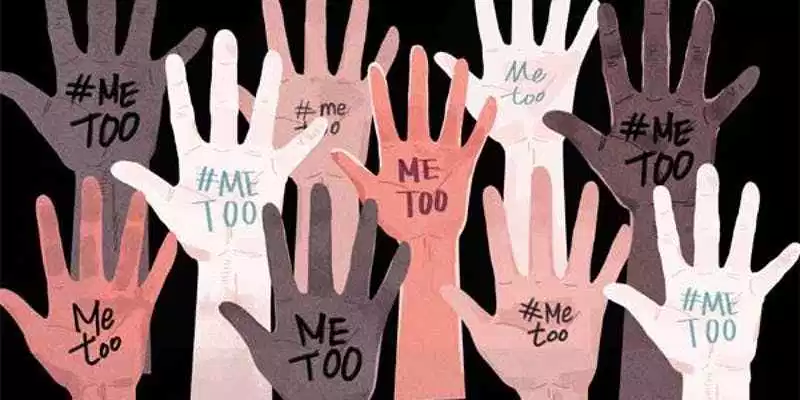hg551416@ohio.edu
When Jim Rutenberg discussed coverage of the #MeToo Movement and Harvey Weinstein, one of the most prevalent ethical issues was how to protect sources.
In the first instance, The New York Times received a report from a lawyer claiming to have sources who were harassed by Roger Ailes, a television executive for Fox News. Rutenberg said the lawyer gave them six hours to publish, but some of the sources were anonymous. With a rush to publish and anonymous sources, they decided not to publish it and lost the story. However, this correlates with the SPJ Code of Ethics, which urges journalists to think about anonymous sources and their reason for being anonymous. The New York Times had a hard decision to make and it did cost them the story, but they did the best to evaluate the sources and the potential repercussions.
 |
| Photo courtesy of The Express Tribune |
The debate wrestled over the idea of public interest vs sources privacy. Obviously, the public should know about the horrific actions of Weinstein, but the team had to report it delicately in order to protect their sources. The individuals could be harassed, threatened or worse once their names were public.
Rutenberg said that this likely played a factor in the recent Kavanaugh hearings. Dr. Christine Blasey Ford testified before the Senate, but in the end, Kavanaugh was confirmed. Rutenberg said this was likely due to the fact that there wasn't enough time to completely analyze the sources. Dr. Ford was able to testify, but there was not enough time for a complete investigation. The other source, Deborah Ramirez, claimed to have also been sexually assaulted by Kavanaugh. However, Rutenberg said that there were things in her past that undermined her credibility and made her accounts less trustworthy. The rushed confirmation couldn't explore these accusations and the allegations were never proven true or false. Yet, Dr. Ford and the other accusers will certainly face, and have already faced, enormous amounts of backlash, harassment, and hatred toward them.
| Photo courtesy of USA Today |
As journalists, it is our responsibility to make sure our sources are accurate before reporting the story. There also is an obligation to weigh their right to privacy vs the public interest and help protect them as much as possible. Finally, you need to build a trust with your sources so that they don't become panicked or feel exploited as your story is going out. Rutenberg suggested meeting sources in person to help build a confidence between reporter and source that makes them feel comforted and safe. Once that trust is built, the source will be much more willing to help with the story and you will both feel better about the story overall.
To help our sources, we must weigh their personal privacy against public interest, provide them with comfort and safety and make sure we understand where they are coming from as a source. If we do all of these things, our stories will be significantly improved and could make the difference in huge issues for our country.
No comments:
Post a Comment